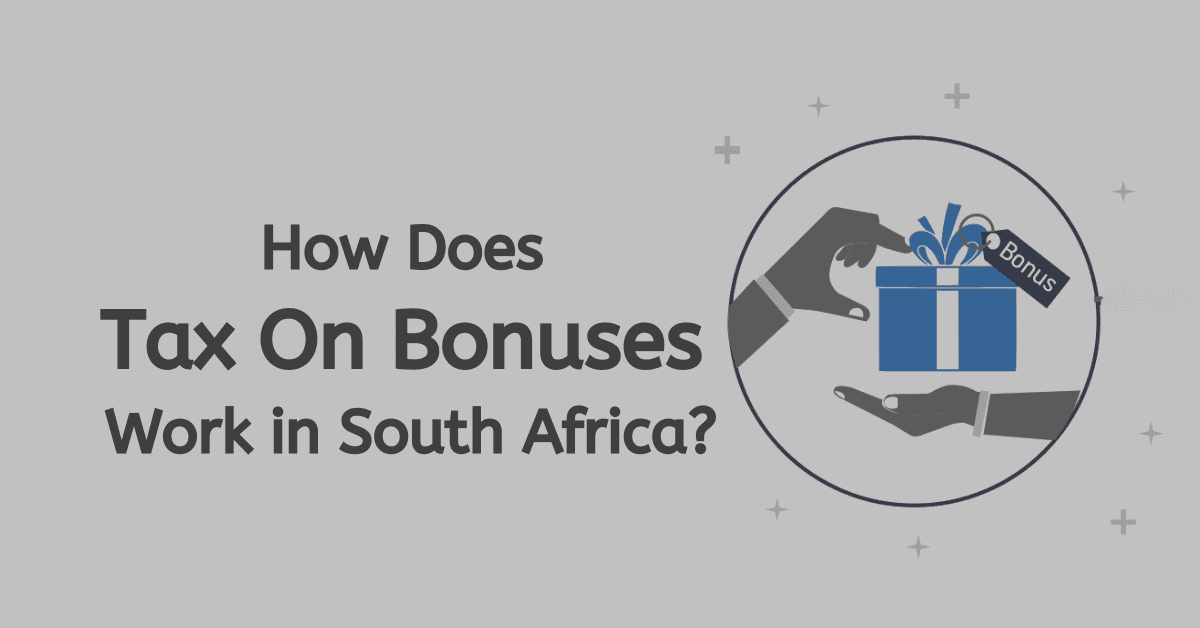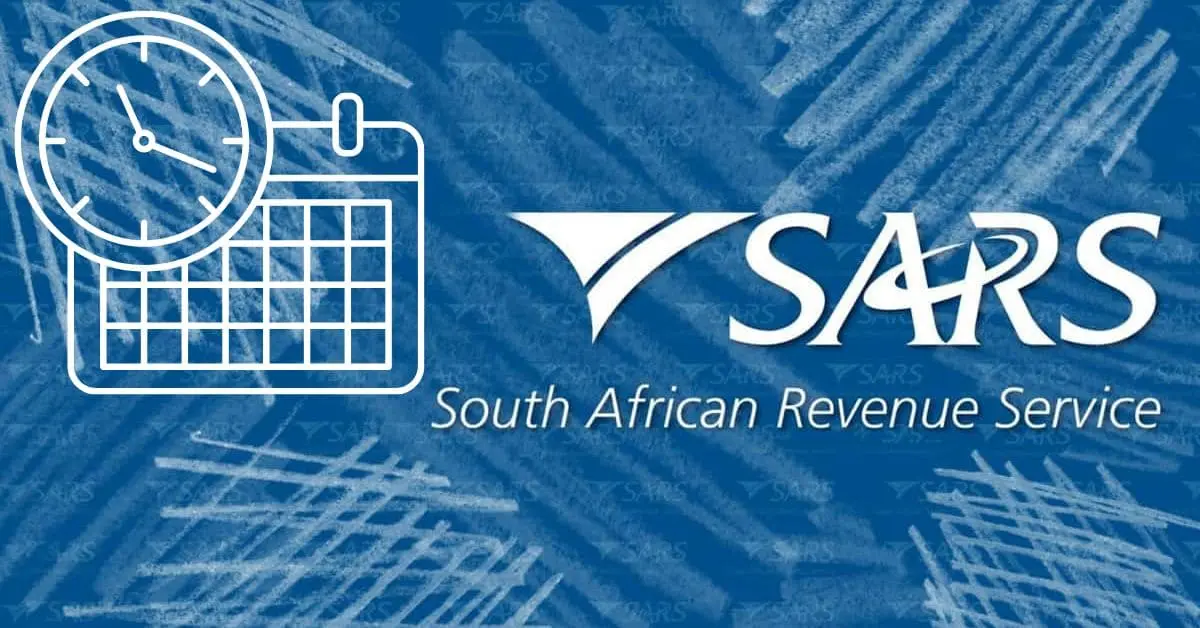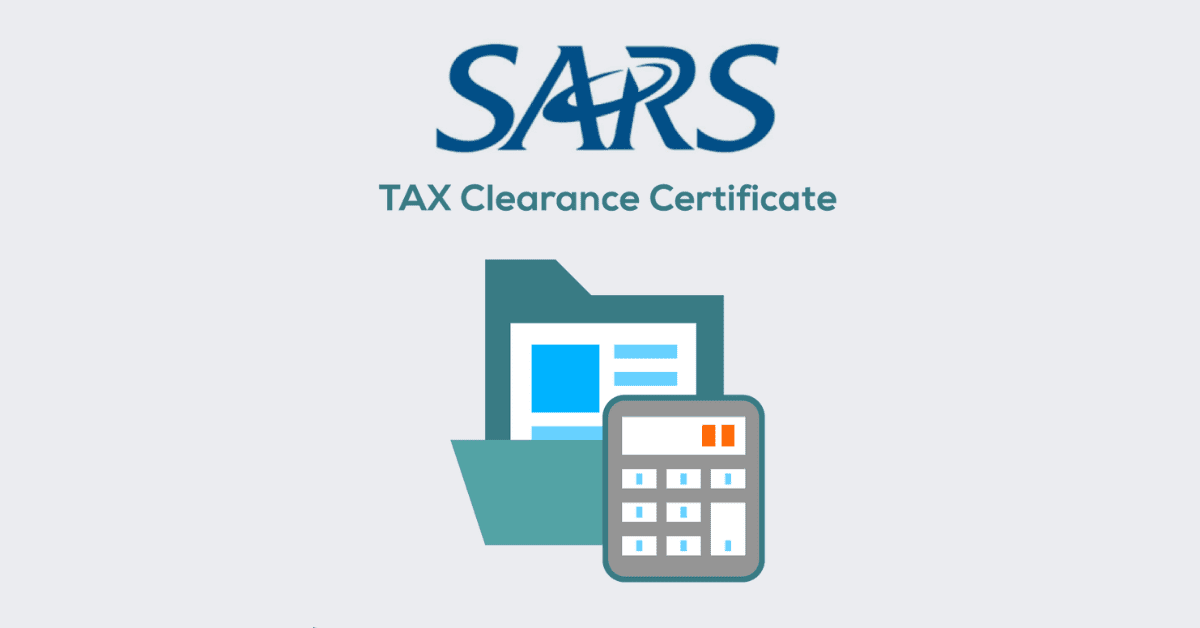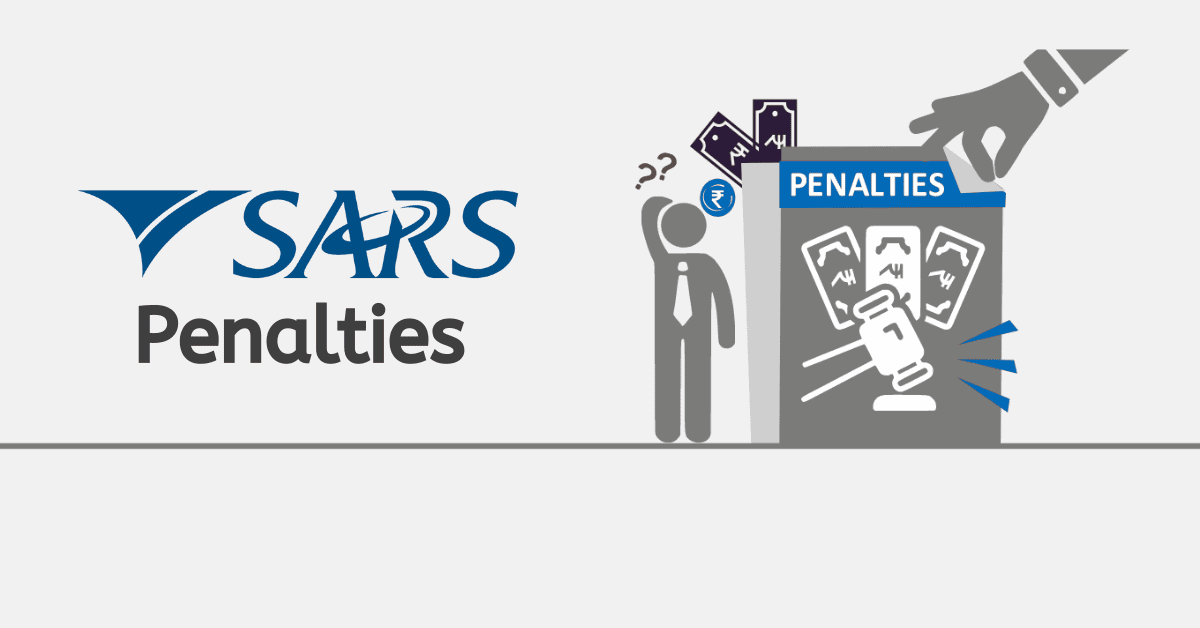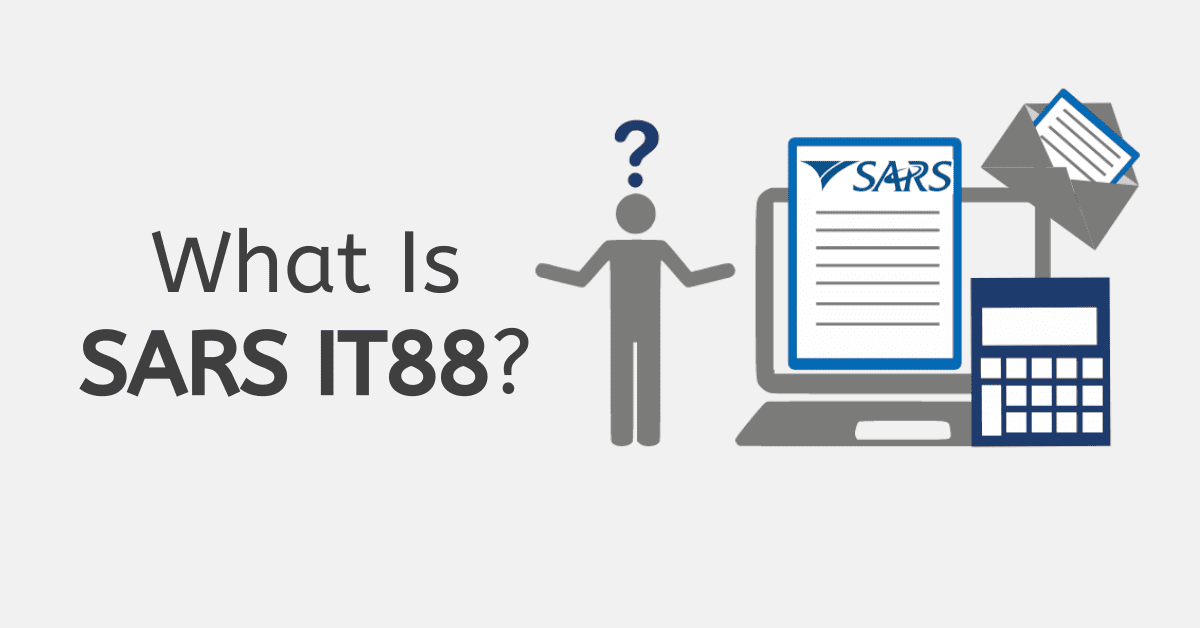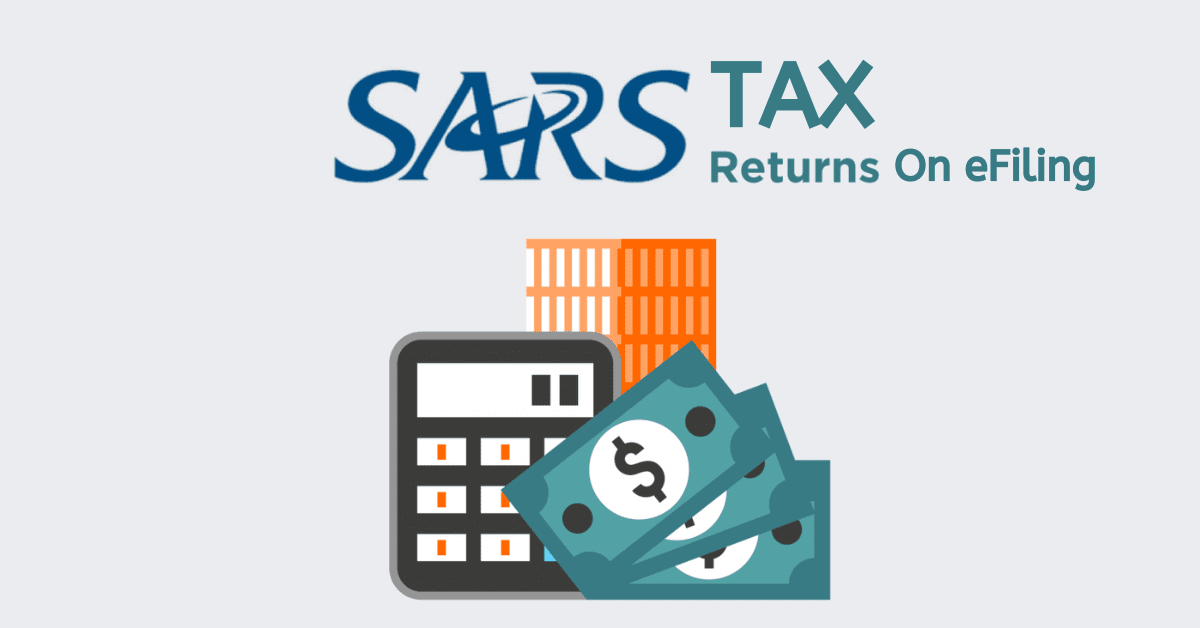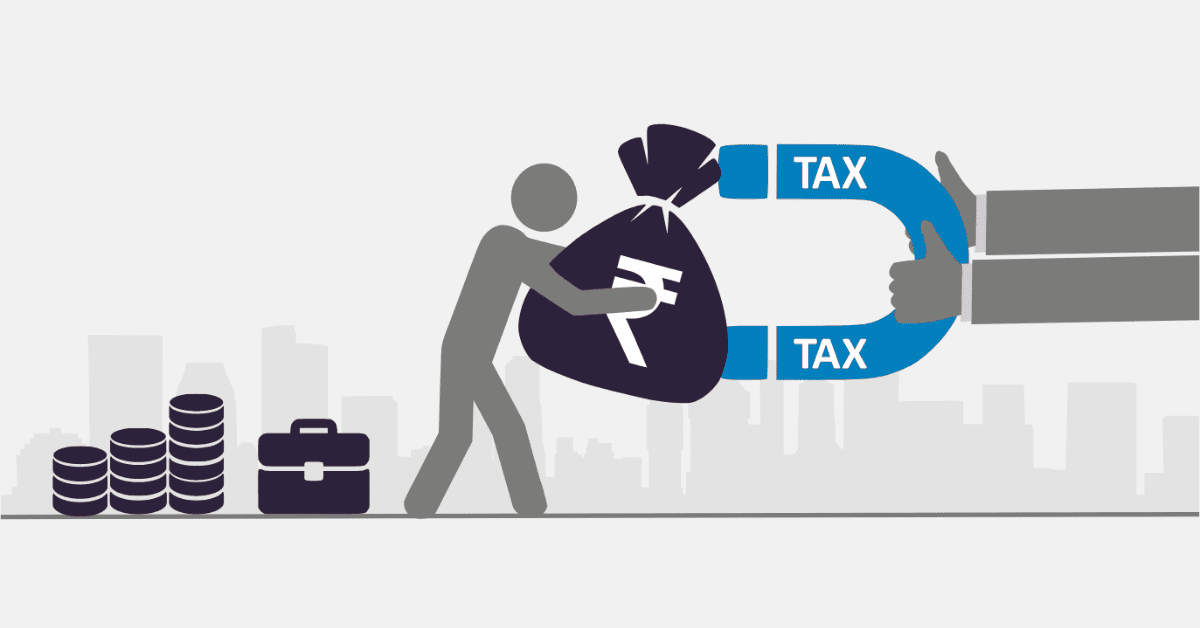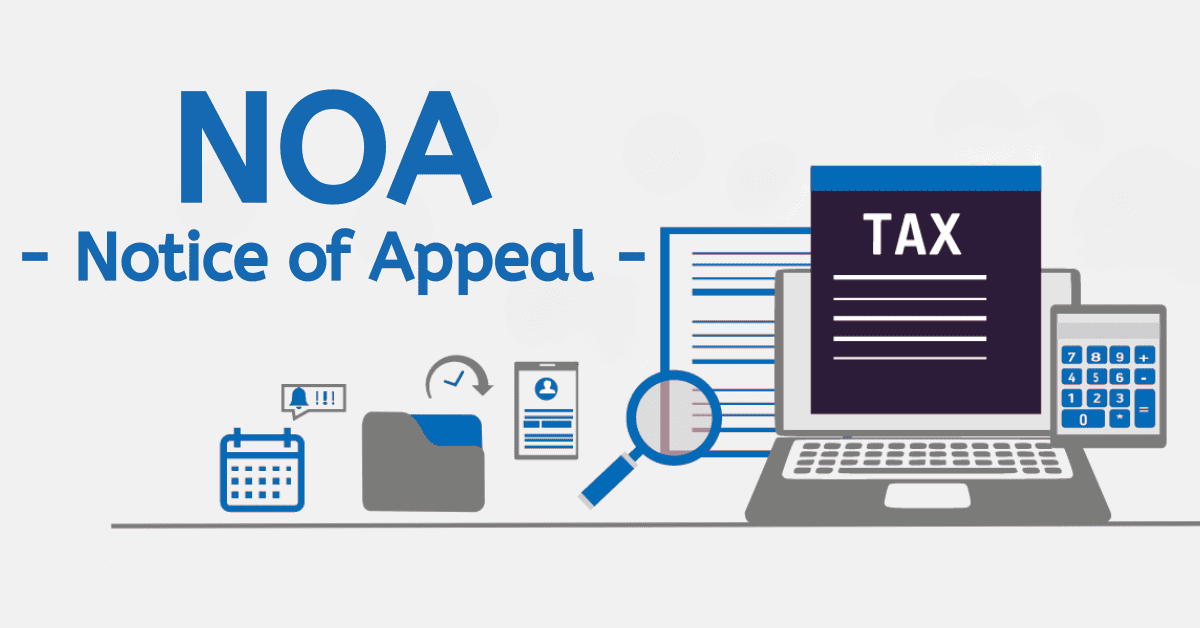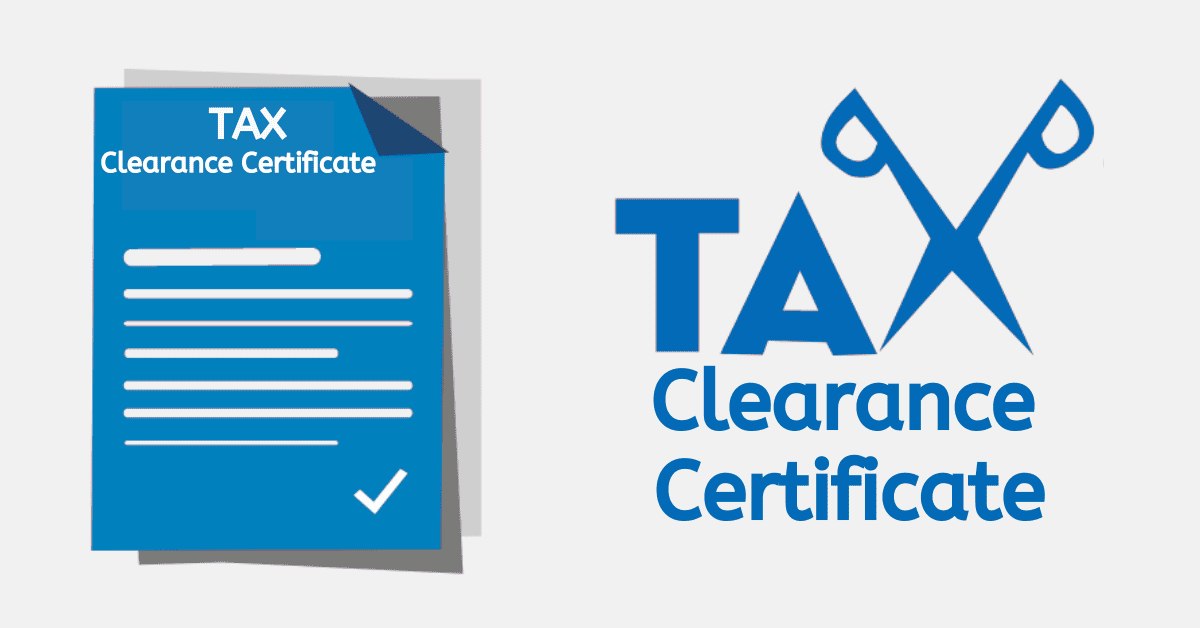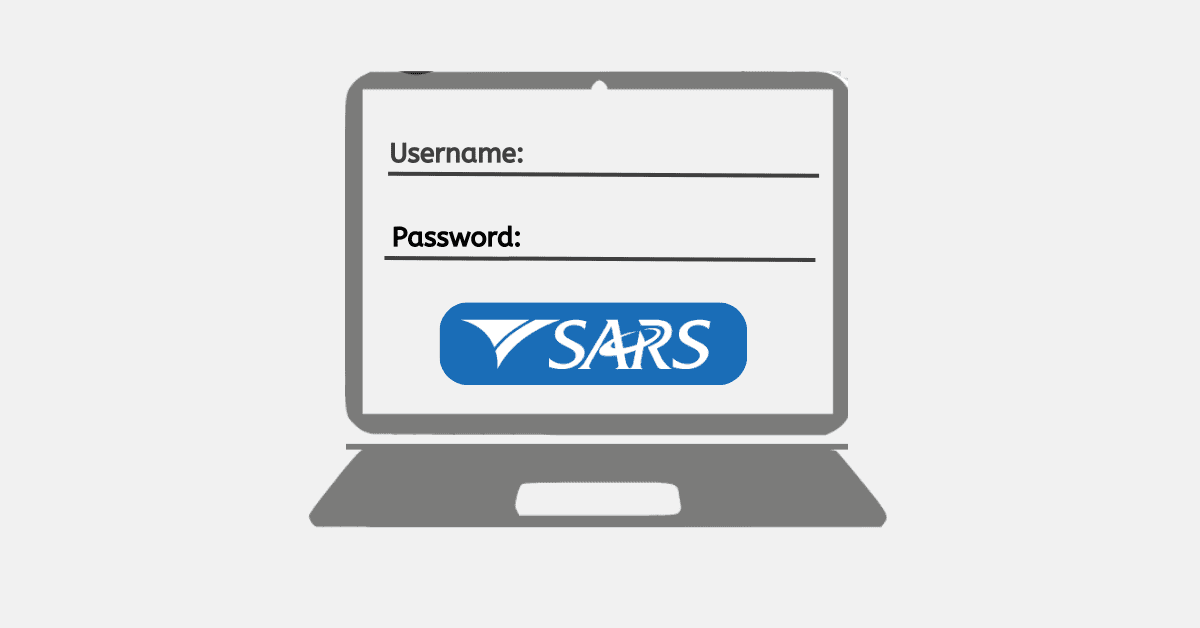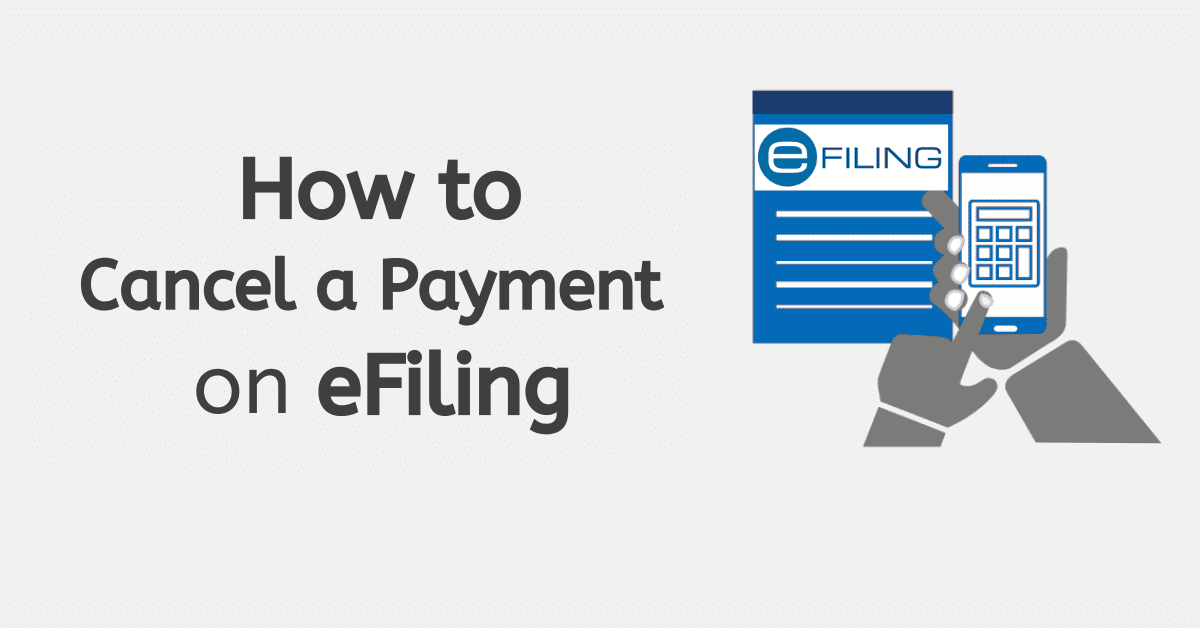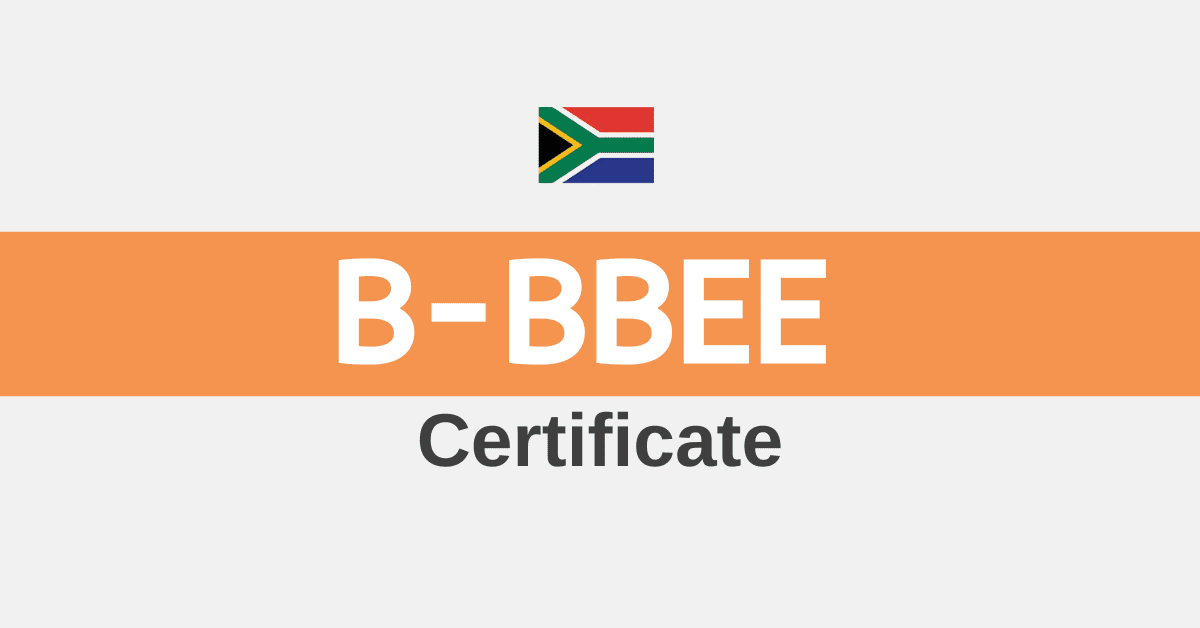In the realm of South African taxation, grasping the intricacies of “Audit” and “Verification” within the framework of the South African Revenue Service (SARS) is of paramount importance. These procedures hold considerable significance for both individuals and businesses. Let’s delve into what ‘Audit & Verification’ entails and what individuals and businesses can anticipate.
SARS: What ‘Audit & Verification’ Means
The South African Revenue Service (SARS) administers two distinct procedures:
- Audit: An audit represents a comprehensive examination of a taxpayer’s financial and tax records. This is an exhaustive process in which SARS meticulously scrutinizes income, expenditures, deductions, and adherence to tax regulations. Audits are usually initiated when there are suspicions of non-compliance or irregularities in tax filings.
- Verification: In contrast, verification is a less intensive process when compared to an audit. It revolves around confirming the accuracy of the information provided in a tax return. SARS may request specific documents or information to validate particular claims, such as income or expenses. Importantly, a verification is a routine check and does not inherently imply any wrongdoing.
How long does SARS audit verification take?
The duration of a SARS audit or verification can exhibit significant variability. These processes are pivotal aspects of tax compliance within South Africa, and taxpayers often contemplate the timeframe required for SARS to conclude these reviews.
The swiftness of resolution hinges on the complexity of the review. Simplistic verifications are usually expeditious, potentially culminating within a few weeks. These are routine validations aimed at confirming the accuracy of information provided in tax returns. When taxpayers maintain meticulous records, and there are no conspicuous discrepancies, the process can be relatively swift.
On the flip side, intricate audits can be protracted. These audits necessitate an exhaustive examination of an individual’s or business’s financial and tax records and could span several months or even years. The intricacy of one’s financial affairs is a key determinant of the timeline. In instances where SARS harbors suspicions of non-compliance or irregularities, they may embark on a thorough audit, inherently a more time-consuming endeavor.
SARS’ workload is another pivotal factor influencing the duration. Backlogs in cases can impede the expeditious processing of audits and verifications.
Moreover, the cooperation of the taxpayer plays a pivotal role. Timely responses to SARS’ requests for information or documentation can accelerate the process. Conversely, delays in providing requested materials can prolong the audit or verification.
What are SARS verification documents?
SARS verification documents are fundamental records that corroborate the information declared in one’s tax return. When selected for verification by the South African Revenue Service (SARS), individuals or businesses may be required to furnish a gamut of documents to substantiate the veracity of their tax declarations. These documents are integral in upholding compliance and transparency within the tax assessment process.
Typically, SARS verification documents encompass a diverse array of financial records, including:
- Bank Statements: These records elucidate one’s financial transactions, encompassing income and expenditures, thereby verifying the accuracy of the financial information declared.
- Invoices: Invoices related to income earned or expenses incurred can be solicited by SARS to corroborate the legitimacy of claims.
- Receipts: Evidence of payments and receipts for expenses substantiates deductions and credits.
- Payroll Records: When applicable, payroll records validate employment income and associated deductions.
- Tax Certificates: Documents such as IRP5 certificates issued by employers serve to authenticate income from employment.
- Asset Records: Documentation pertaining to assets, such as property deeds or vehicle registrations, may be requisitioned.
- Expense Records: Records delineating business expenses, medical outlays, or other deductible items serve as crucial verification tools.
SARS typically specifies the necessary documents based on the nature of the tax return and the specific aspects they seek to verify. Individuals and businesses must maintain precise and well-organized records. Objection or the inability to forward requested files can cause hold-ups, penalties, or further assessment.
How Long Does it Take to Receive Funds After a SARS Audit?
The timeline for receiving funds subsequent to a South African Revenue Service (SARS) audit largely hinges on the outcome of the audit. If the audit culminates in a refund, SARS endeavors to process the refund within a reasonable timeframe, typically targeting 21 business days. Nevertheless, several factors may influence this timeline.
One pivotal factor that can impact the refund process is if the audit uncovers any disparities or triggers concerns regarding one’s tax returns. In such instances, SARS may instigate further reviews or investigations, leading to delays in the receipt of the refund. It is imperative to promptly address any inquiries or issues raised by SARS to expedite the refund process.
To expedite the refund process:
- Maintain Accurate Records: Meticulous record-keeping and ensuring the accuracy of tax returns can avert discrepancies that might trigger delays.
- Respond to SARS Promptly: If SARS requests additional information or clarification during the audit, respond promptly by providing the requisite documents and information.
- Seek Professional Guidance: If uncertainties regarding any aspect of tax returns persist, consider consulting a tax professional to ensure compliance and precision.
Conclusion
Effectively navigating the audit and verification processes conducted by SARS necessitates meticulous record-keeping and adherence to tax laws. Seeking professional guidance when confronted with an audit is advisable, and timely, accurate responses to SARS’ requests for information are crucial. A comprehensive understanding of these procedures can empower taxpayers to ensure seamless interactions with SARS and to uphold tax compliance.
